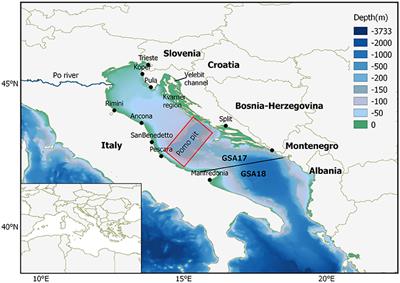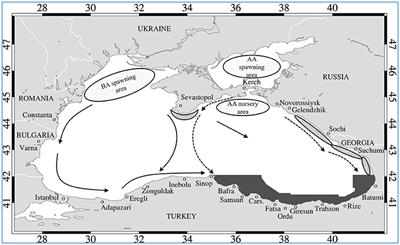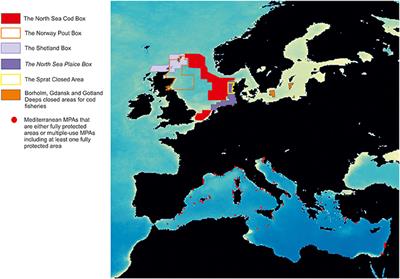EDITORIAL
Published on 30 Aug 2018
Editorial: Challenges and Opportunities for the EU Common Fisheries Policy Application in the Mediterranean and Black Sea

doi 10.3389/fmars.2018.00299
- 2,508 views
- 4 citations
20k
Total downloads
128k
Total views and downloads
EDITORIAL
Published on 30 Aug 2018

CORRECTION
Published on 04 Jun 2018
REVIEW
Published on 22 Dec 2017

ORIGINAL RESEARCH
Published on 21 Nov 2017

REVIEW
Published on 17 Nov 2017

ORIGINAL RESEARCH
Published on 20 Oct 2017

ORIGINAL RESEARCH
Published on 12 Oct 2017

ORIGINAL RESEARCH
Published on 29 Aug 2017

REVIEW
Published on 14 Aug 2017

REVIEW
Published on 03 Aug 2017

OPINION
Published on 24 Jul 2017

PERSPECTIVE
Published on 22 Jun 2017
